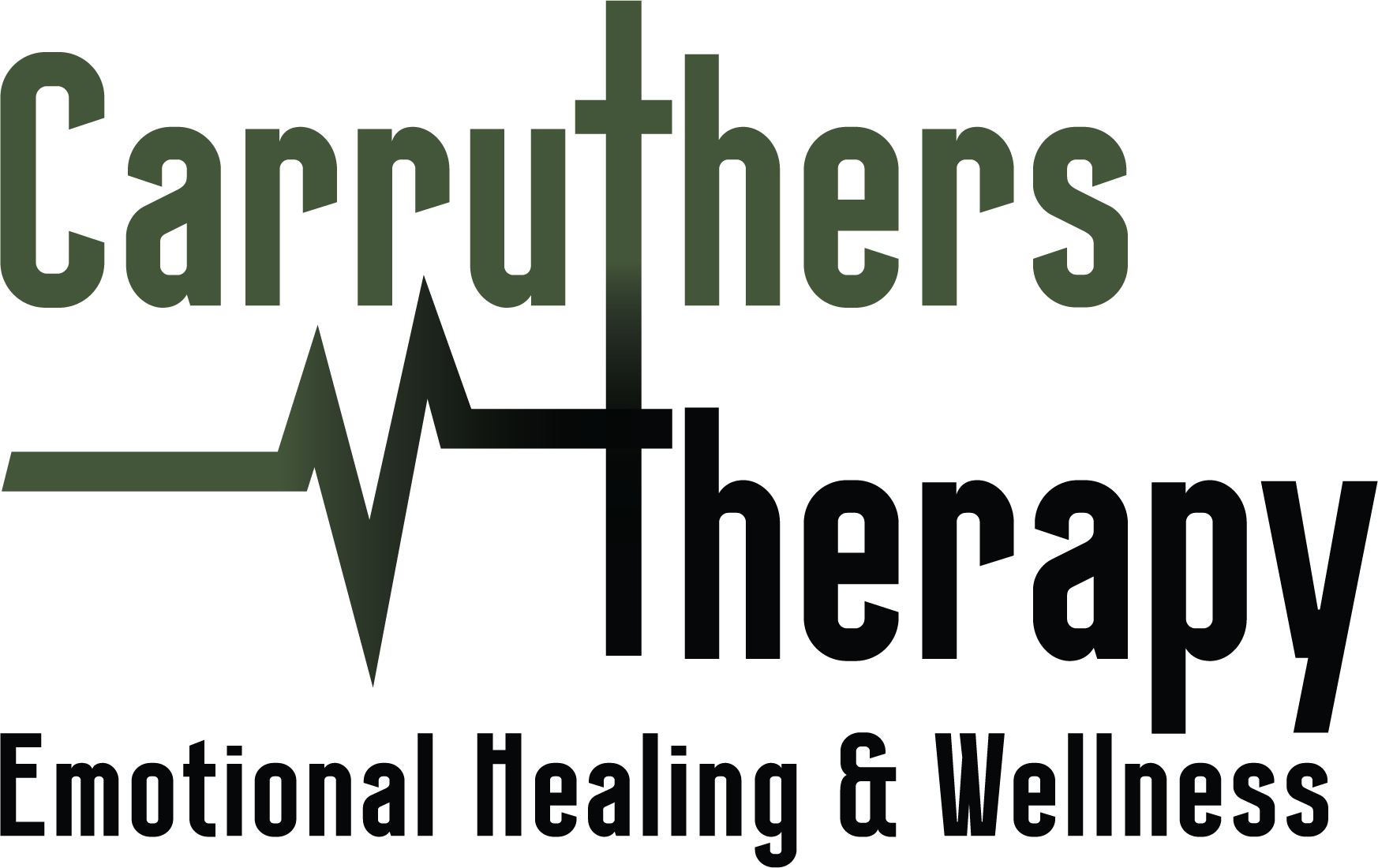Neurofeedback
Training Your Brain for Better Balance and Resilience
Neurofeedback has been used as a clinical intervention for over 40 years. Substance use disorder, anxiety, depressive disorder, insomnia, and post-traumatic stress disorder are a few of the conditions for which neurofeedback has been used. When someone has experienced chronic, complex, or developmental trauma, the nervous system can remain in a heightened state of alertness — even when the danger has long passed.
Neurofeedback and Trauma
Neurofeedback makes use of the brain’s capacity for change to reshape brain networks. It is a way to directly train the brain to function better. Neurofeedback is a research-supported treatment to manage arousal, sharpen attention, relieve anxiety, and improve learning …without medication.
How Neurofeedback Works
When the brain’s patterns are unbalanced — from trauma, stress, ADHD, or other challenges — it can get stuck in less-than-helpful loops. Neurofeedback uses real-time monitoring to help your brain “see” those patterns and shift them toward healthier functioning.
Sessions are comfortable and individualized:
- I place small sensors on your scalp to measure brain activity.
- You’ll watch visuals or listen to sounds that change as your brain activity shifts.
- Over time, your brain learns to self-correct and sustain more balanced patterns.
Why Neurofeedback at Carruthers Therapy Feels Different
Neurofeedback isn’t just about the equipment — it’s about the relationship, safety, and trust that allow your nervous system to relax and learn. I combine advanced technology with a compassionate, individualized approach, ensuring every session is tailored to your needs and goals.
Whether you’re seeking better focus, improved mood, or optimizing your performance, I’m here to guide you through the process and celebrate your progress along the way.
What the Research Says
Neurofeedback has been studied for more than 40 years and has shown strong results across a variety of conditions.
Trauma
In 2023, Askovic M, Soh N, Elhindi J, and Harris AWF completed a systemic review and meta-analysis of clinical outcomes for using neurofeedback (NFB) for post-traumatic stress disorder (PTSD). In their review of 12 studies, their findings supported the effectives of NFB as an intervention for reducing anxiety, depression, and chronic PTSD symptoms.
In 2016, Gapen, M., van der Kolk, B.A., Hamlin, E. et al. completed a study where participants completed 40 sessions of neurofeedback training two times per week and found significantly reduced PTSD symptoms.
In 2016, van der Kolk BA, Hodgdon H, Gapen M, Musicaro R, Suvak MK, Hamlin E, and Spinazzola J. completed a study with 52 individuals with chronic PTSD. Their findings showed that the group that received NFB treatment had significant PTSD symptom improvement compared to the control group, which did not receive treatment.
Attention Deficit Hyperactivity Disorder (ADHD)
- Meta-analysis of 1,194 participants found large effects for improving inattention and hyperactivity, and medium effects for reducing impulsivity (Arns et al., 2009).
- Participants experienced sustained benefits for up to two years after treatment (Pigott et al.).
Substance Use Disorders (SUD)
- A study on Vietnam veterans in a substance use rehabilitation clinic reported an 85% abstinence rate after 12 months when neurofeedback was included (White, 2008).
- Inpatient rehab programs with neurofeedback saw improved treatment retention and higher abstinence rates (Scott et al., 2005).
